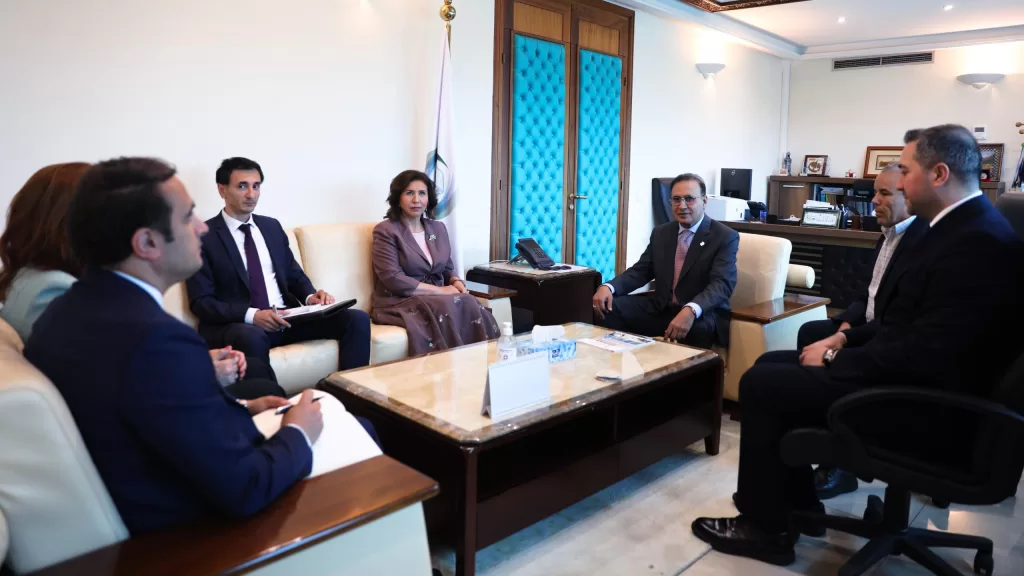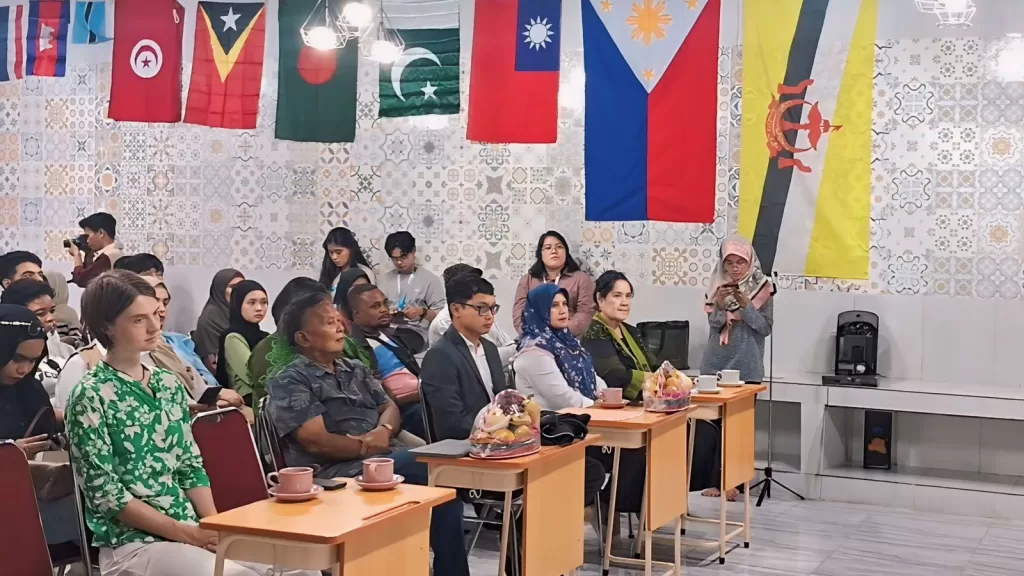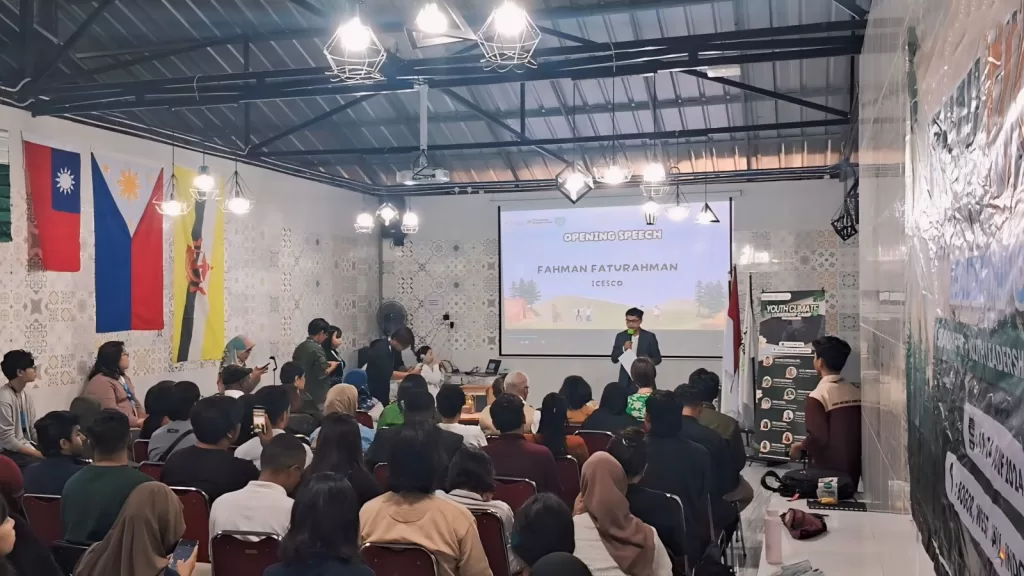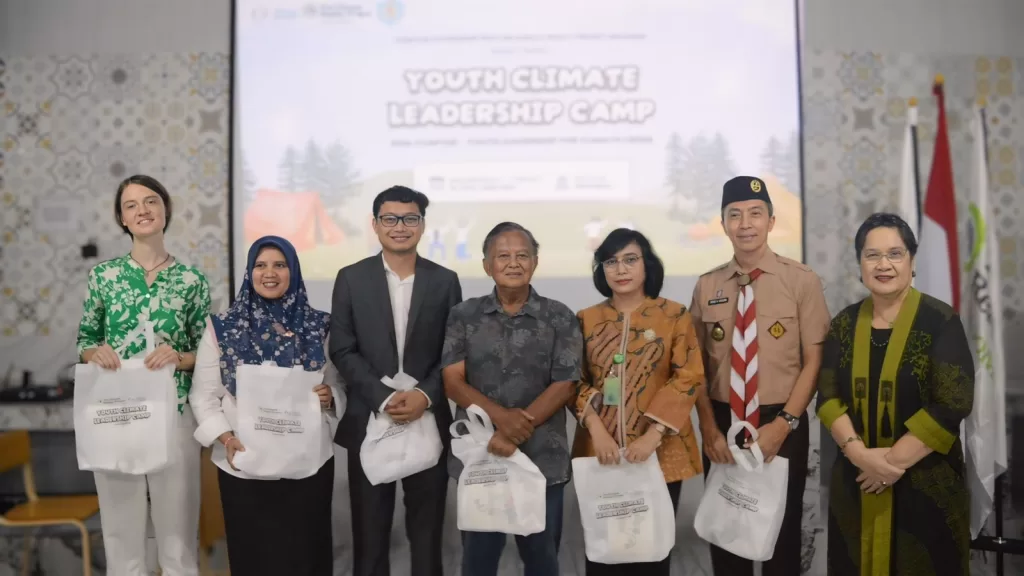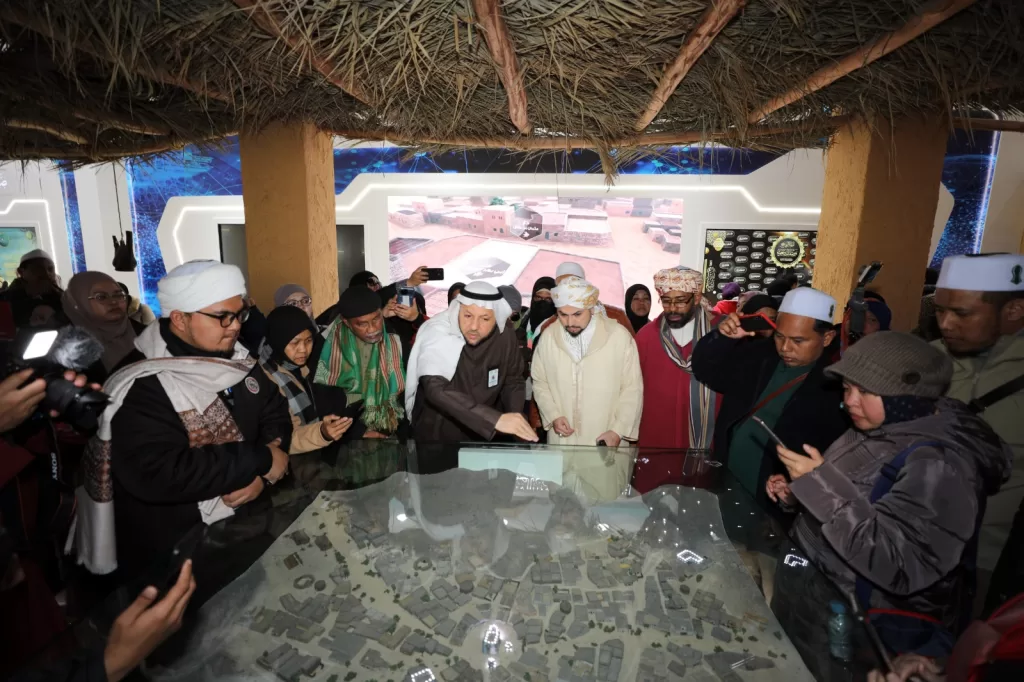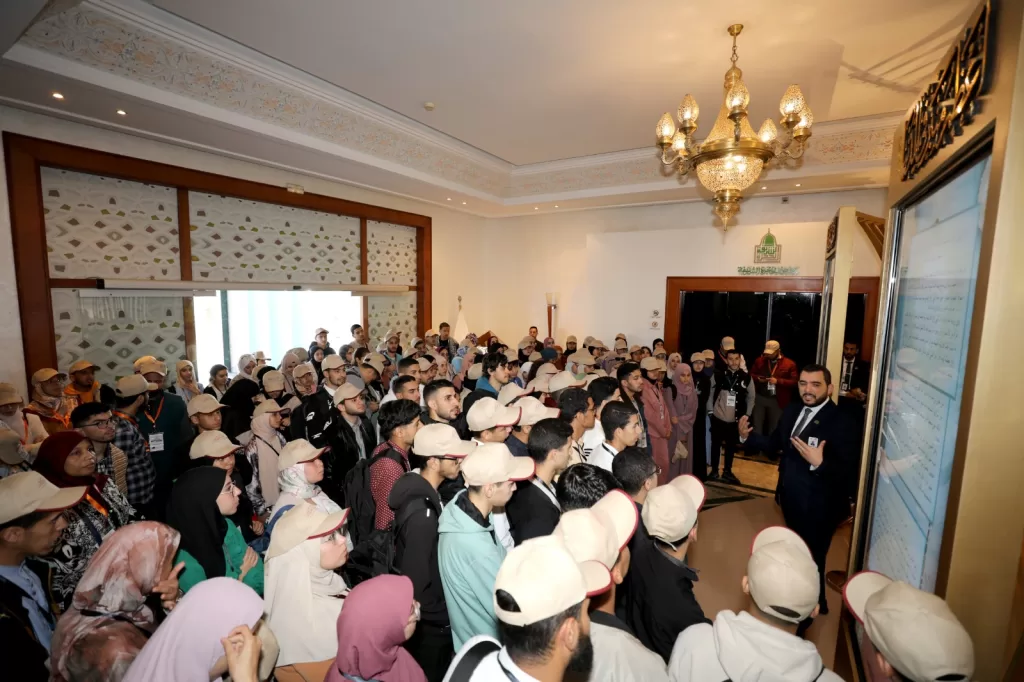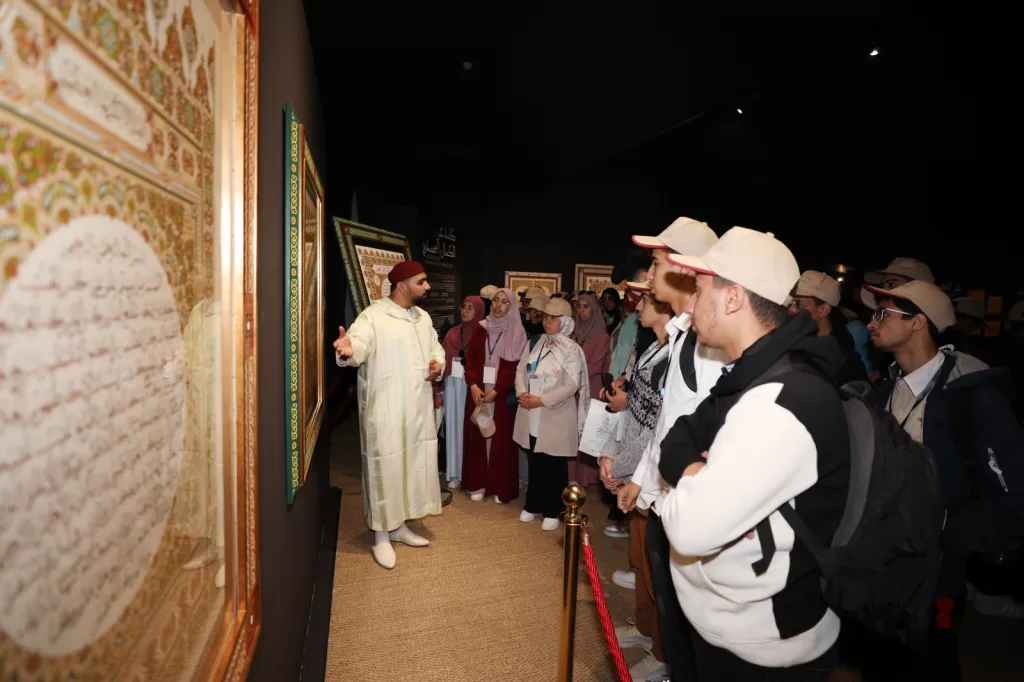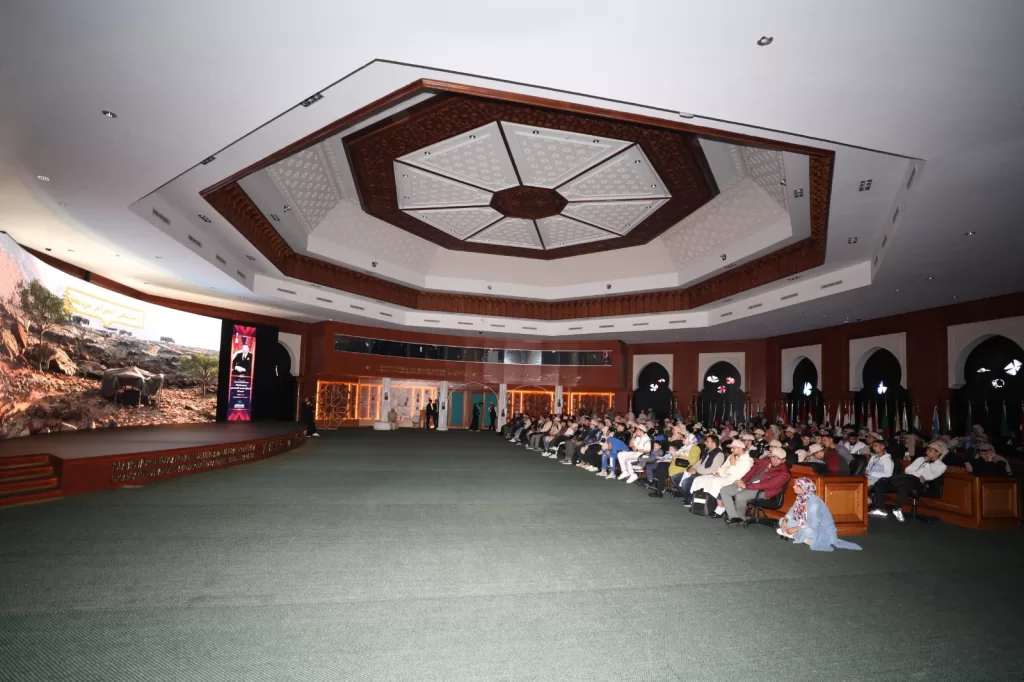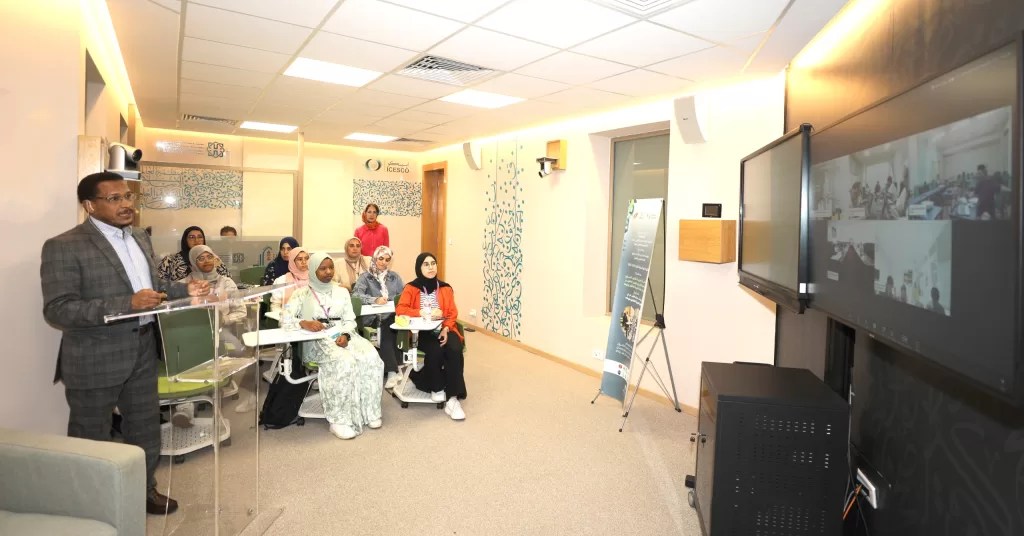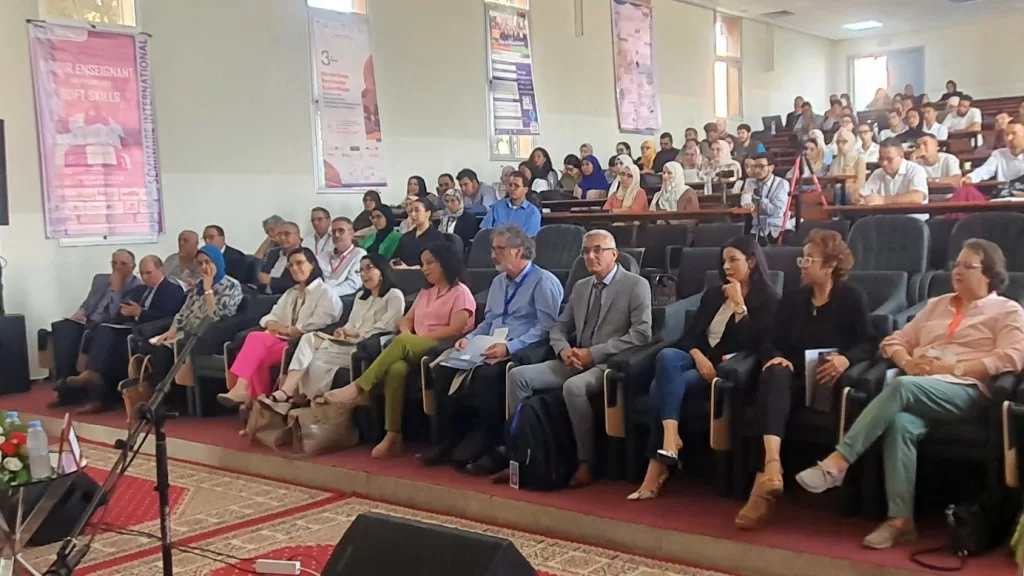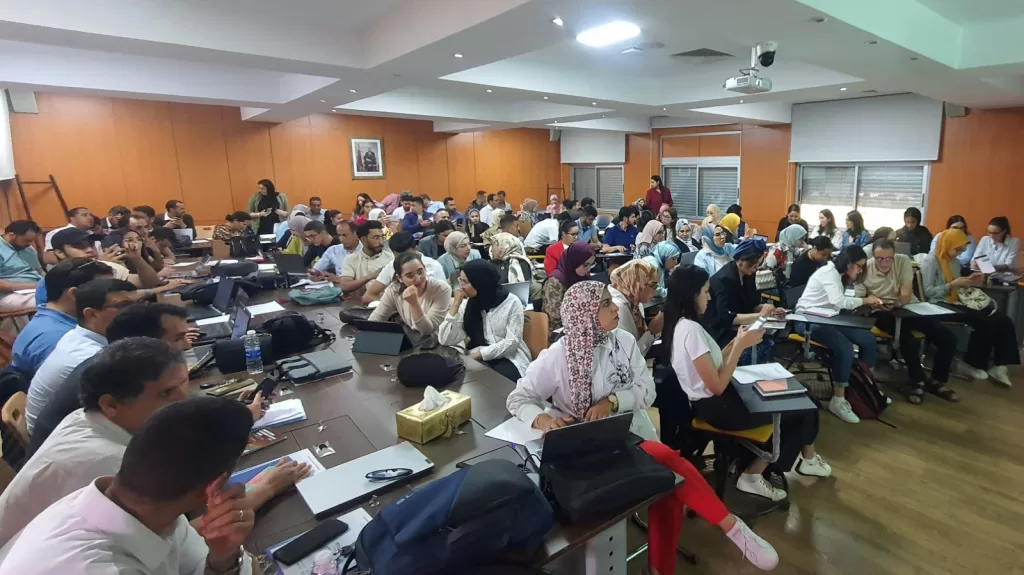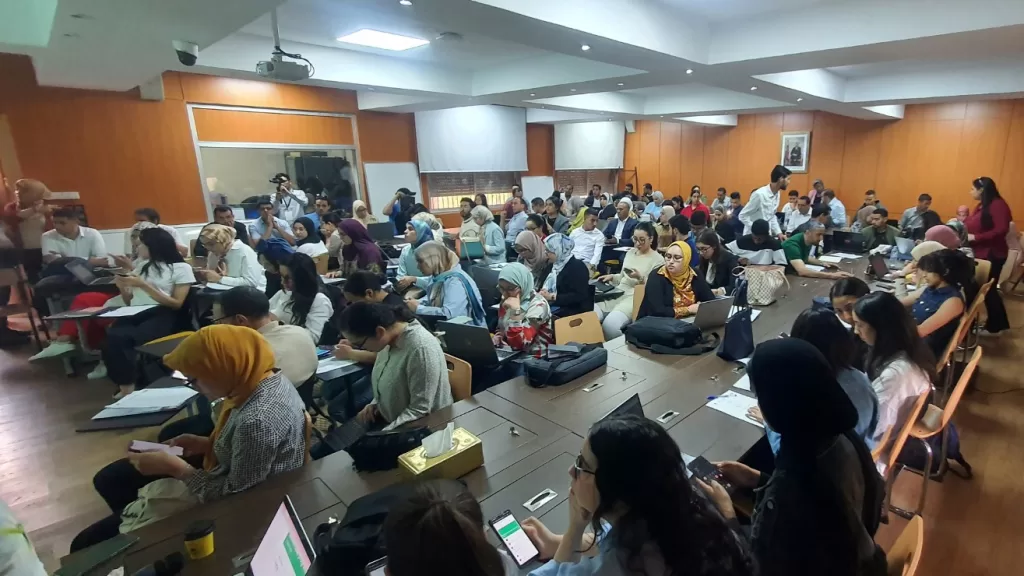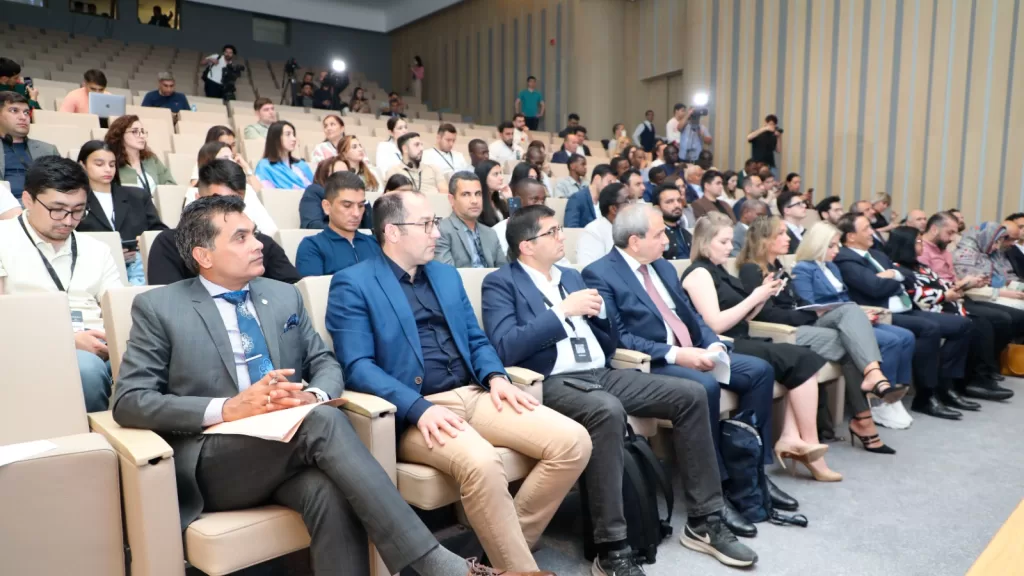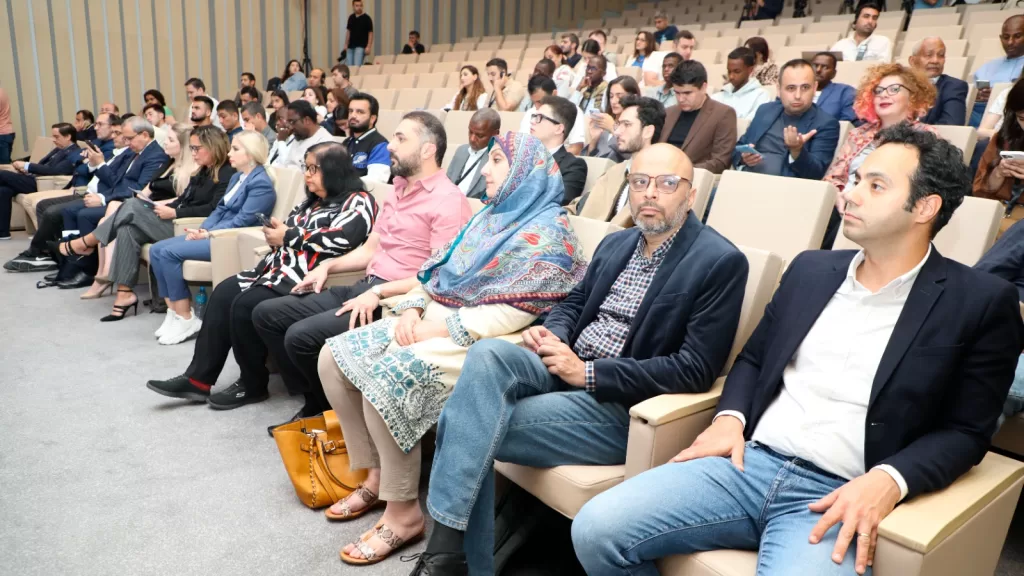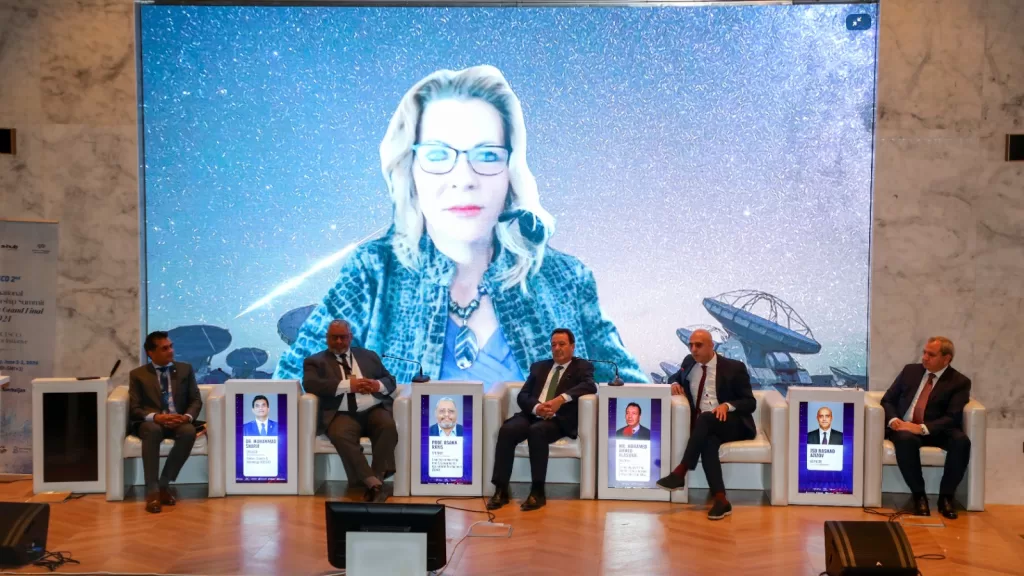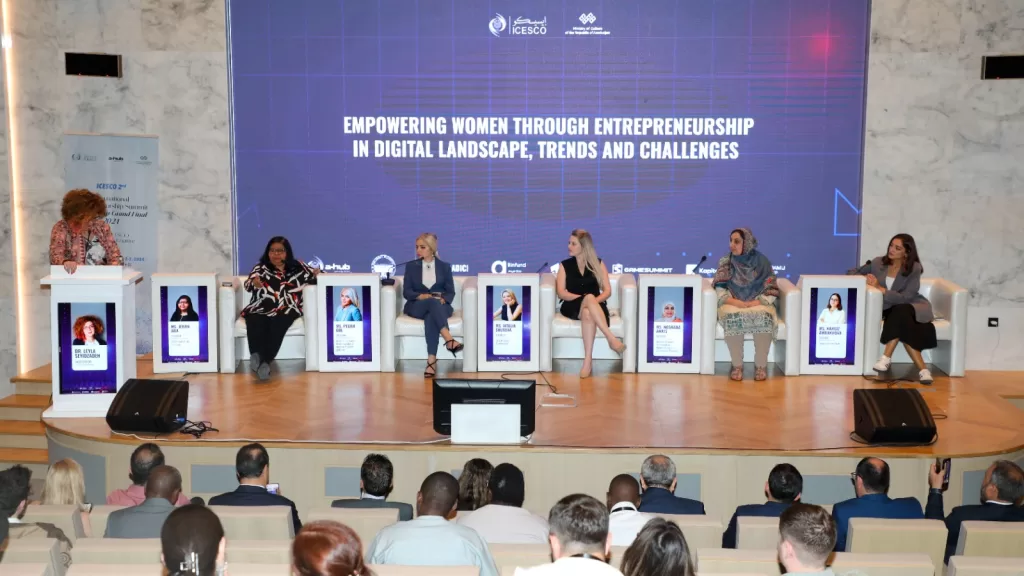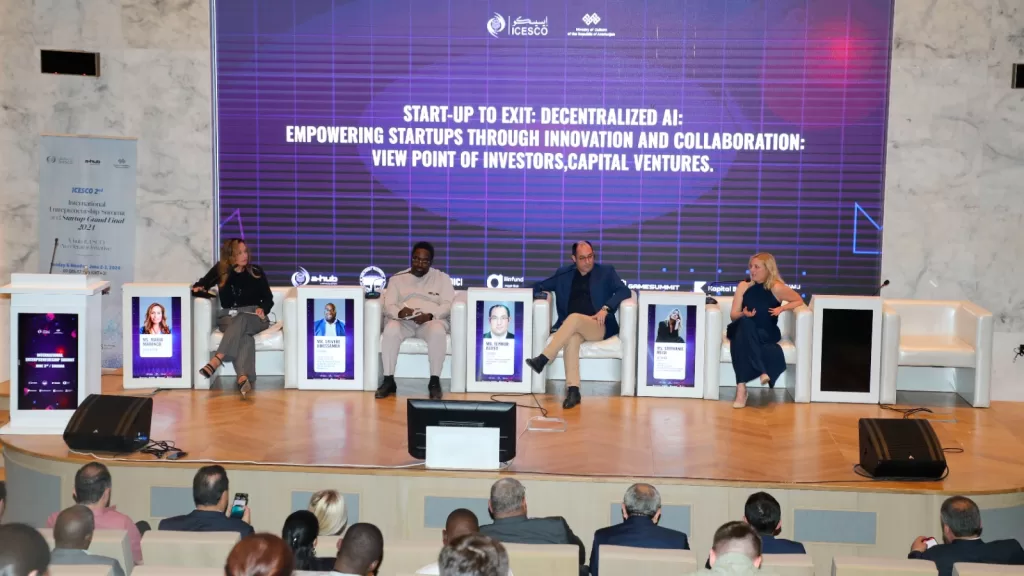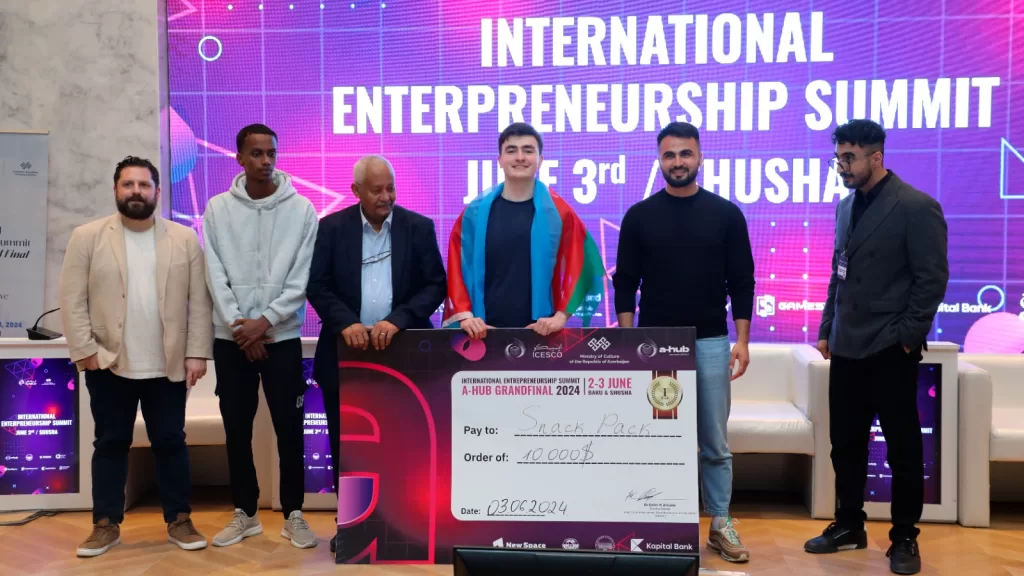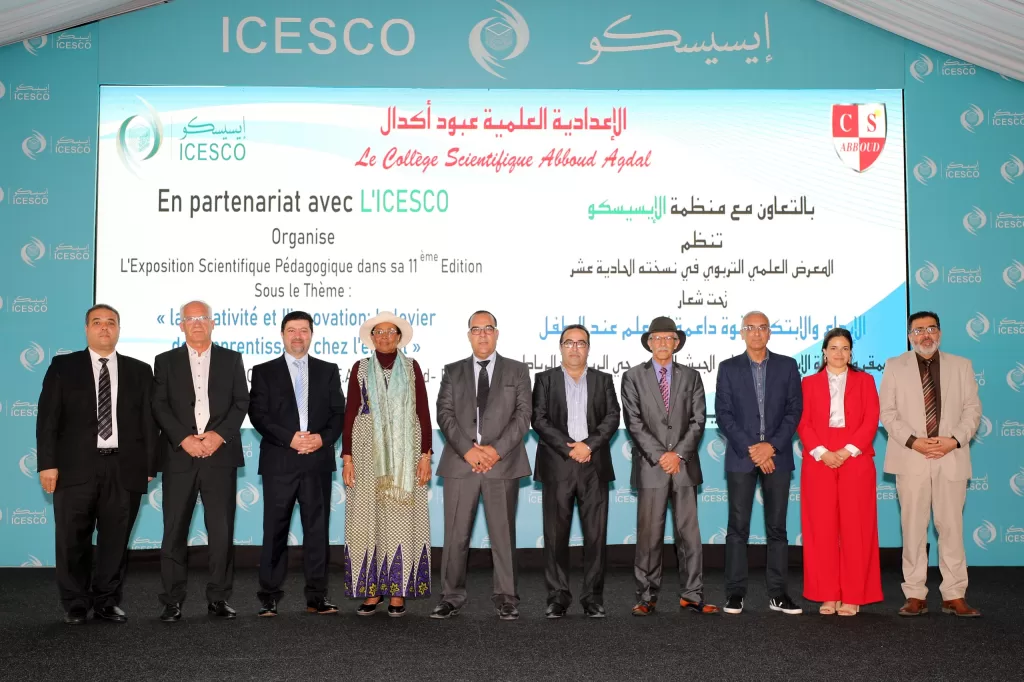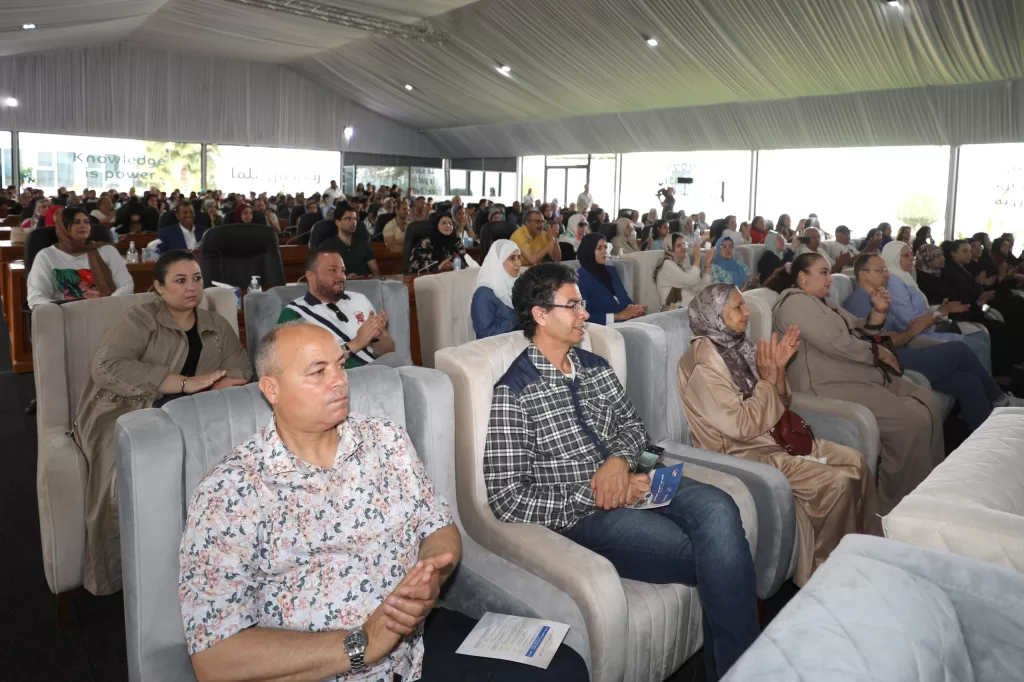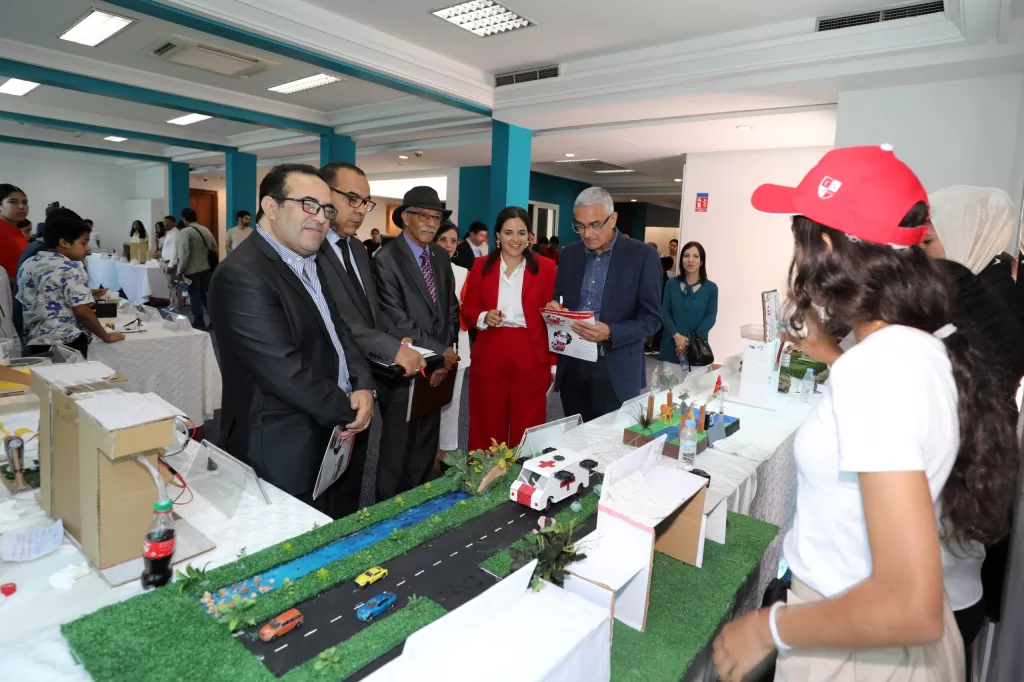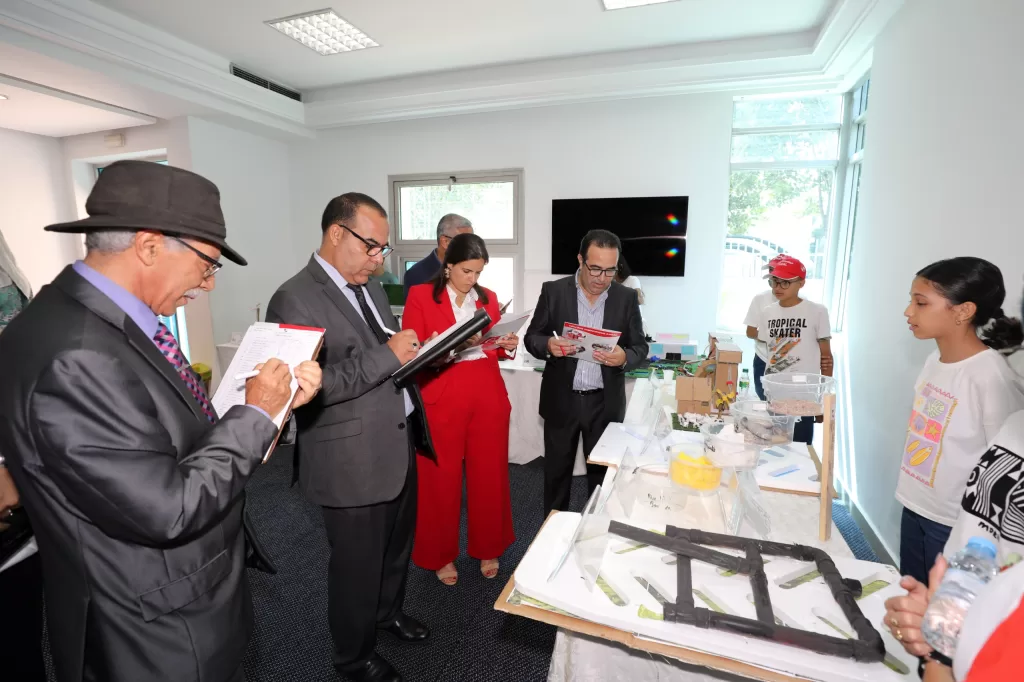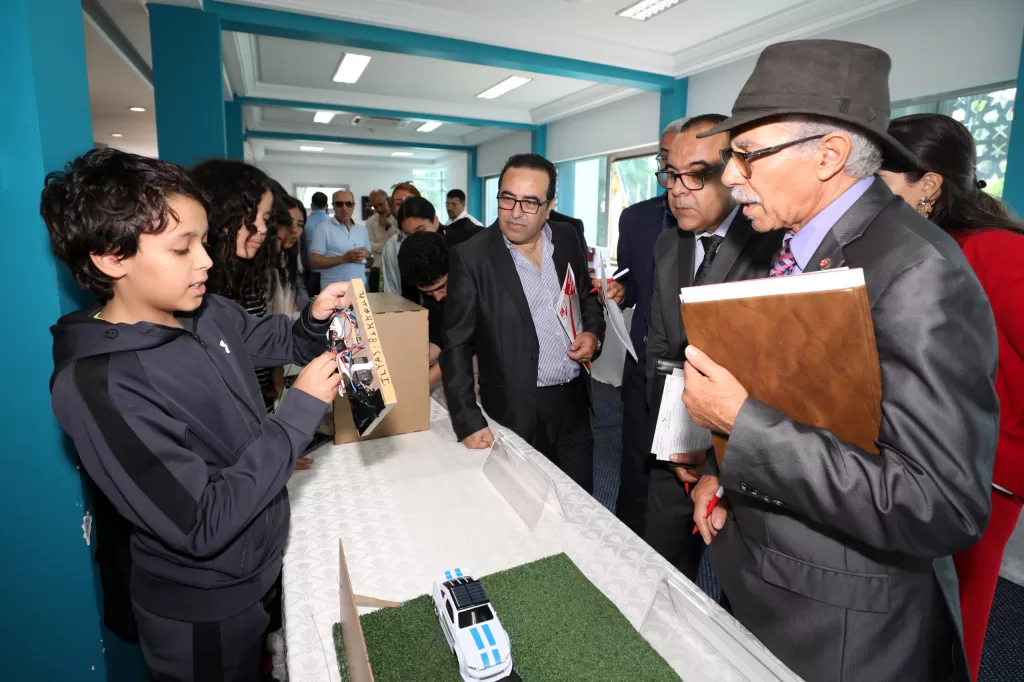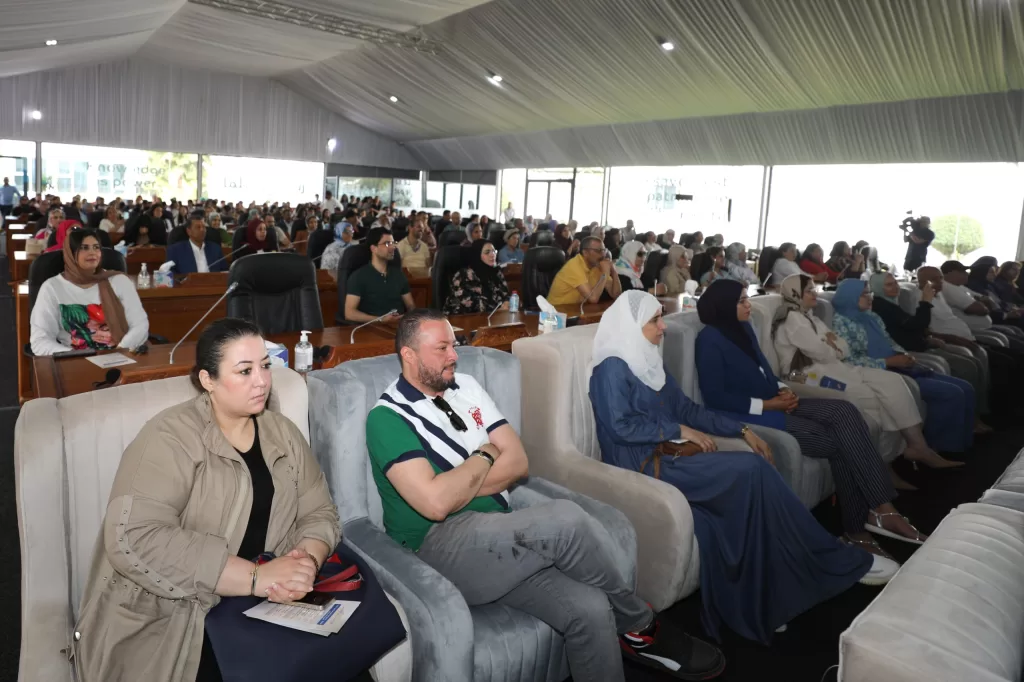A delegation of ministers and senior officials from the Ministries of Social Affairs, Solidarity and Family from a number of Member States of the Islamic World Educational, Scientific and Cultural Organization (ICESCO) visited, on Wednesday, June 26, 2024, the International Exhibition and Museum of the Prophet's Seerah and Islamic Civilization, currently housed at the Organization's headquarters in Rabat.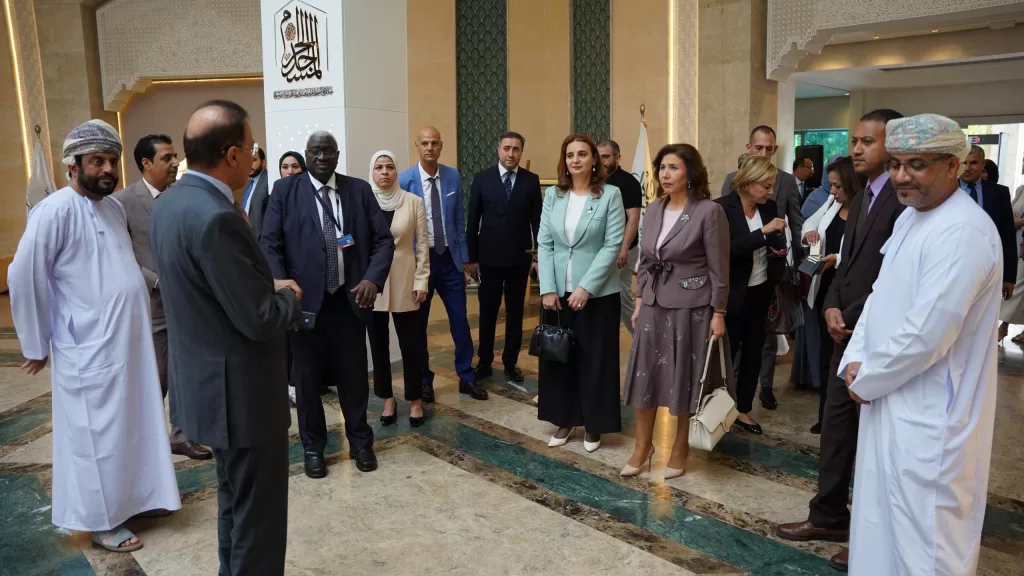
During his reception of the delegation, Dr. Abdelilah Benarafa, ICESCO Deputy Director-General, stated that the Exhibition and Museum, in its first stop outside Saudi Arabia, is the outcome of the strategic partnership among ICESCO, the Muslim World League and the Muhammadia League of Scholars. He added that since its opening to the public in November 2022, the Exhibition and Museum has attracted an unprecedented number of visitors from citizens and visitors of the Kingdom of Morocco.
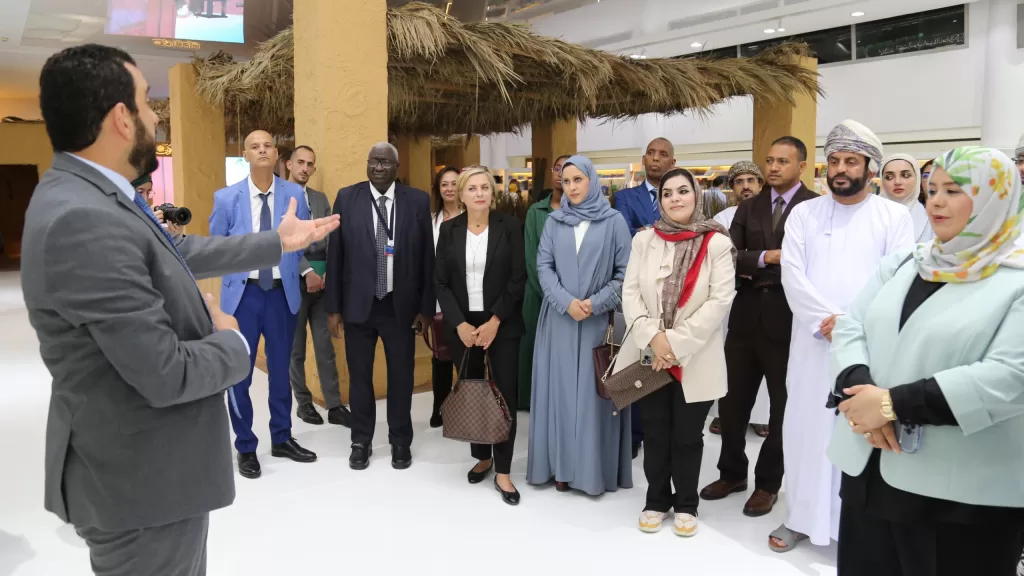
Dr. Benarafa took the delegation, visiting Rabat to participate in the First International Conference on Care Economy and Social Protection, on a tour of the Exhibition and Museum, explaining that it adopts the latest technological display methods, along with the traditional display forms in the section on the Moroccan connection to Prophet Muhammad.
The members of the delegation commended this key initiative, praising ICESCO’s efforts to raise awareness of the life of the Prophet (pbuh).
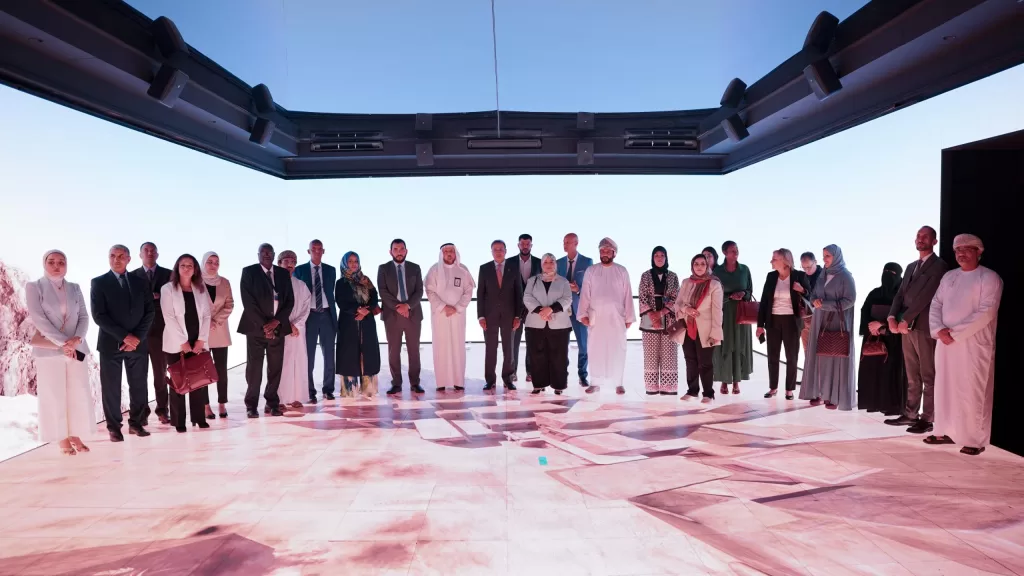
Following the visit, the Deputy Director General held a meeting with Ms. Bahar Muradova, Chairperson of the State Committee for Family, Women and Children Affairs of the Republic of Azerbaijan, where they discussed ways to promote cooperation between the Organization and Azerbaijan. Talks focused on humanitarian fields and capacity building for women and youth, as part of the celebration of Shusha as the 2024 Culture Capital in the Islamic World, and in furtherance of the special relations between ICESCO and Azerbaijan.
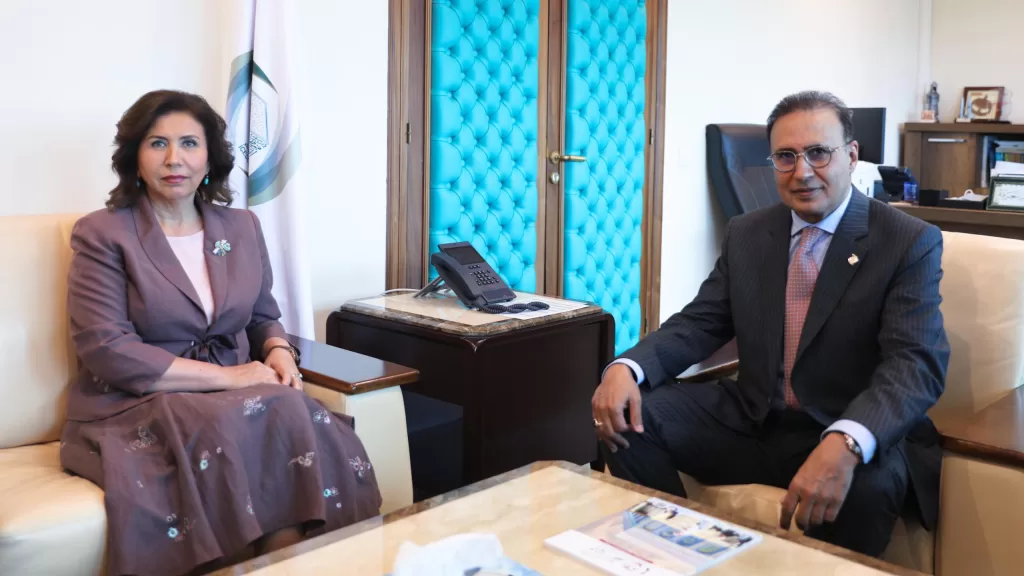
For her part, Ms. Bahar Muradova commended ICESCO’s efforts in its areas of competence, stressing her country’s keenness to further develop cooperation relations with the Organization.
